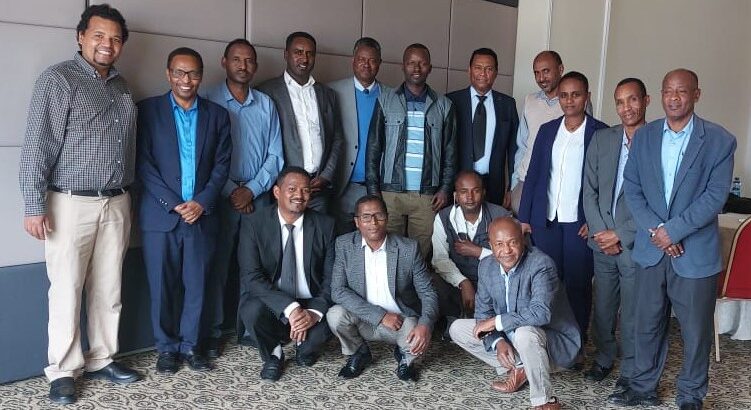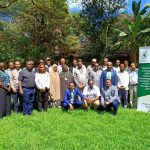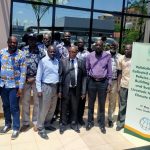Increased human population results in additional food demand, including for animal source foods, in particular driven by growing urban populations with increasing incomes. Livestock sector development helps to combat hunger and malnourishment, in particular in areas of Sub-Saharan Africa where studies show that higher infant mortality correlates with higher protein and critical micro-nutrient deficiencies; the livestock sector is key for poverty reduction. At the same time, livestock are both a driver of and vulnerable to climate change and broader sustainability challenges.
Unsustainable use of natural resources can result in land degradation and water scarcity, jeopardizing the viability of livestock production itself. These vulnerabilities are compounded not only by the uncertainties of climate change, but also by the potential for shocks and disturbances related to disease spread and price fluctuations.
Thus there is a need to address the growing demand for animal products in a way that supports smallholder livestock-based livelihoods, improves the resilience, and ensures sustainable use of the natural resources. IGAD and World Bank therefore collaborated on the development of regional strategy on resilient and sustainable livestock.
To this effect, in each IGAD MS, data was collected on national policies, strategies and programs, aimed at building resilient and sustainable livestock to the effects of climate change in Ethiopia. On April 27, 2022, this report was reviewed, enriched and validated, as a useful input for the regional strategy. The strategy will be an important tool for coordination of stakeholders, advocacy, resource mobilization, investment and implementation.
We thank the government of Ethiopia for collaborating in the assessment and validation, and World Bank for supporting this action.






